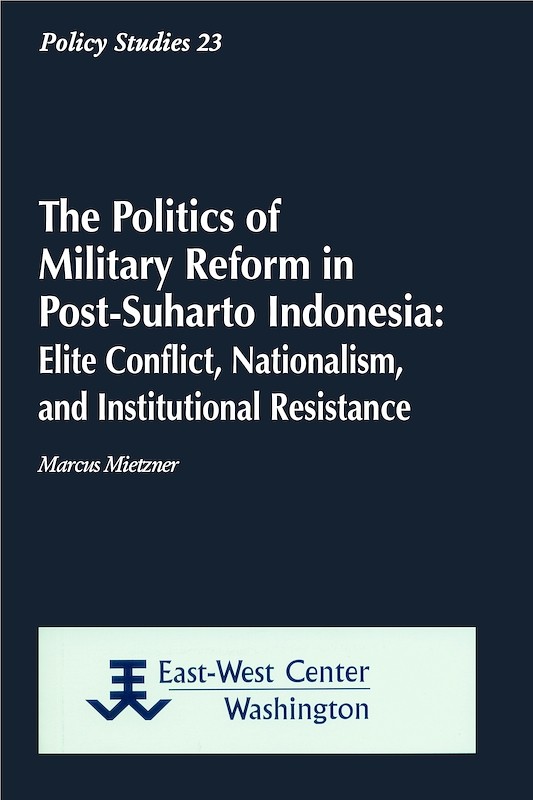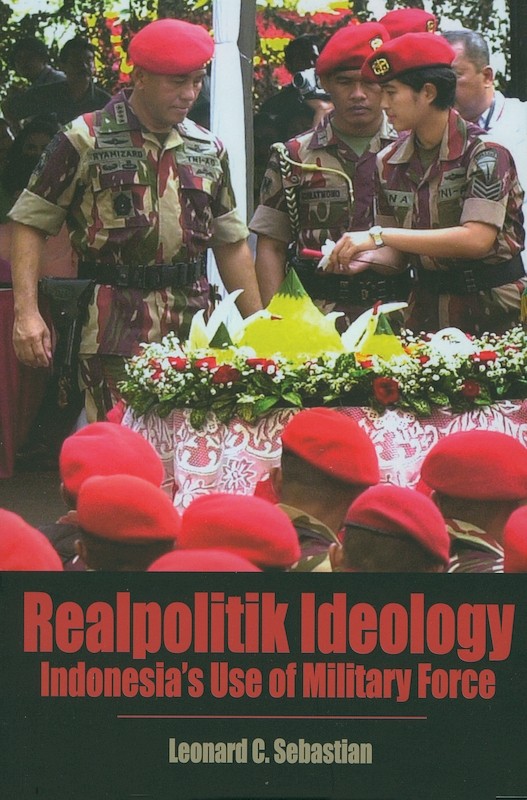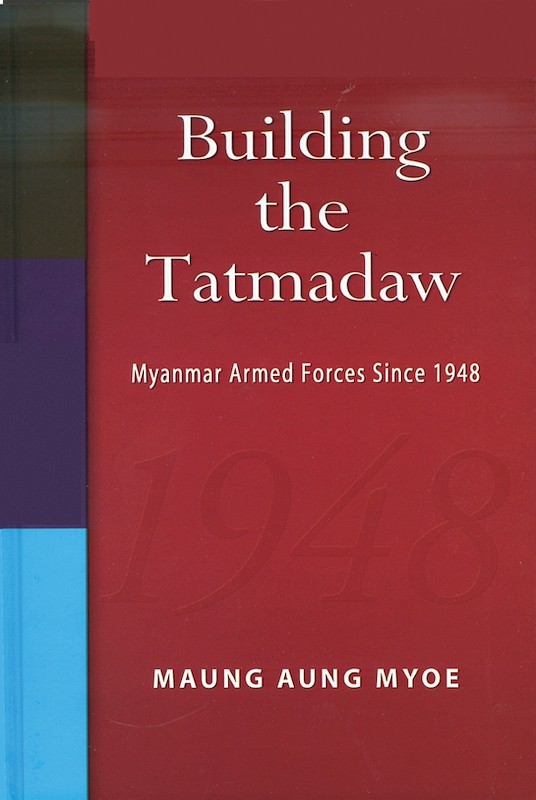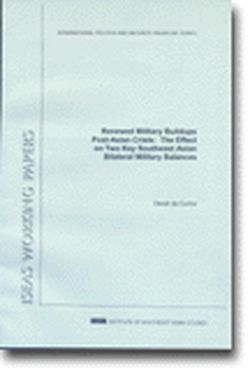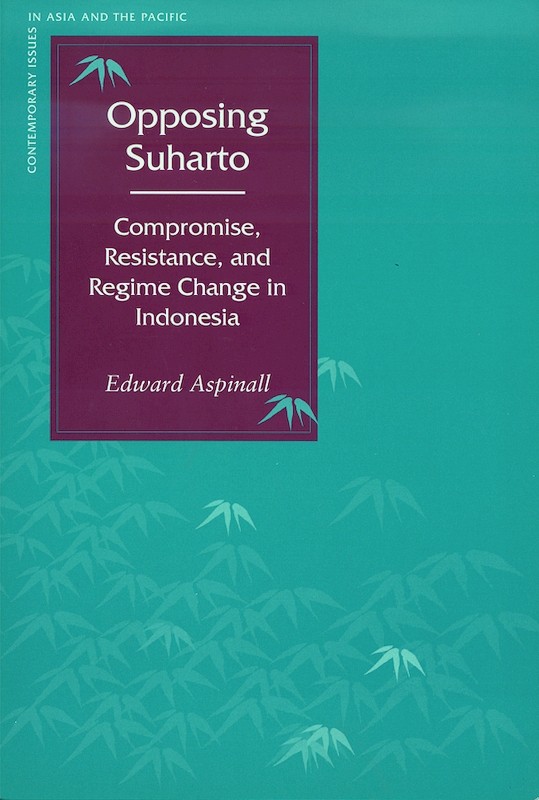Military Politics, Islam and the State in Indonesia: From Turbulent Transition to Democratic Consolidation
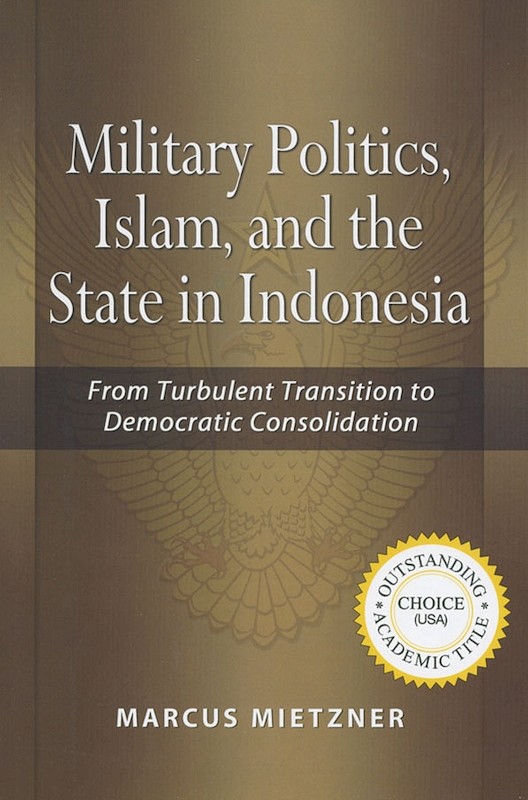
Reviews
"A fine recent book on Indonesia by Marcus Mietzner of the Australian National University highlights five features of the Indonesian armed forces. First is the army's (debatable) view of itself as the main bringer of independence. Second is its disdain for periods of civilian rule in the 1950s, dismissed as chaotic, corrupt and, through the spread of regional rebellions, dangerous to the country's integrity. Out of this disdain grew a third feature, a doctrine known in Indonesia as dwifungsi, or dual function, of running the country as well as defending it, and a fourth, the entrenchment of the armed forces in the infrastructure of the state. The fifth point, what Mr Mietzner terms the 'increasingly sultanistic character' of the ageing Suharto's rule opened up a rift with his fellow generals. When the economy collapsed in 1998 and the threat of anarchy loomed, Suharto looked over his shoulder and found nobody following him. In the end, dictators, however unpopular, despotic and incompetent, rarely fall because they have too many enemies. They fall because they have too few friends left" (The Economist).
"Over the years, he (Marcus Mietzner) developed a reputation among academic Indonesia specialists for his unsurpassed access to leading politicians, Islamic intellectuals, and military officers in Jakarta, and for his unrivalled knowledge of the political establishment. Thus his new book offers a rich account of the key years of recent Indonesian history based on diverse sources, ranging from interviews to personal memoirs, newspaper reports, and government documents. By bringing his account up to the present, moreover, Mietzner incorporates the first term of current president Susilo Bambang Yudhoyono into the narrative of Indonesian democratisation. His book surpasses previous narrative accounts in terms of breadth of coverage and historical depth, richness of documentation and empirical detail. In analytical terms, Mietzner's book bears the hallmarks of an insider/expert account. His familiarity with key players and embeddedness within the corridors of political power in Jakarta allow him to see how personalities and contingencies affected the ebb and flow of recent Indonesian history, while rendering him sceptical of more structuralist accounts stressing social forces and institutional interests and constraints. Mietzner throws cold water on Robert Hefner's account of an ascendant 'civil Islam' as the motor of Indonesian democratisation, and he cursorily dismisses the institutional and generational approach to Indonesian military politics put forth by Cornell University scholars like Ben Anderson and Douglas Kammen" (Aseasuk News).
"This book presents, to my knowledge, the best study to date of political developments in Indonesia between 1997 and 2007. It provides a superbly documented analysis of (1) the regime change that took place in 1998; (2) the role of the armed forces in modern Indonesian history; (3) political developments among the main Muslim groups; and (4) the dynamics of military-civilian relationships since 1998. The main argument of the study is two-fold. First, the nature of the regime change in 1998 determined the outcome of political developments in the post-Soeharto period; second, the relationship between the main Muslim groups (traditionalists and modernists) determined the extent to which the armed forces were allowed to intervene in politics. In order to clarify his argument, Mietzner has divided his book into four parts, each with parallel chapters on the military and civilian politics.[T]his book is empirically strong, but it is also theoretically well embedded. It will become a standard work in the same category as those by Herbert Feith on political developments in the 1950s and Harold Crouch on the military under the New Order. It is therefore essential reading for everybody seriously interested in Indonesian politics" (Bulletin of Indonesian Economic Studies).
"The strength of Mietzner's text lies in his mastery of his topic. Based on extensive scholarly fieldwork over a 12 year period, his text provides a thorough, detailed, and comprehensive account of a crucial period in contemporary Indonesian history. It will become a standard work on the period, on which others will build to enhance our understanding of the political complexities of the post-1998 period. Its arguments concerning the relations between civilian and military politics will also be much discussed, not only in relation to Indonesia but also, more generally, in terms of their relevance for analyses of political transitions from authoritarian to democratic systems" (Asian Affairs).
About the publication
Contents
-
Military Politics, Islam and the State in Indonesia: From Turbulent Transition to Democratic Consolidation
[Whole Publication, ISBN: 9789812308450] -
Preliminary pages
- INTRODUCTION
-
Militaries in Political Transitions: Theories and the Case of Indonesia
- PART I: HISTORICAL LEGACIES, 1945-97
-
1. Doctrine and Power: Legacies of Indonesian Military Politics
-
2. Islam and the State: Legacies of Civilian Conflict
- PART II: CRISIS AND REGIME CHANGE, 1997-98
-
3. Regime Change: Military Factionalism and Suharto's Fall
-
4. Divided Against Suharto: Muslim Groups and the 1998 Regime Change
- PART III: THE POST-AUTHORITARIAN TRANSITION, 1998-2004
-
5. Adapting to Democracy: TNI in the Early Post-Authoritarian Polity
-
6. New Era, Old Divisions: Islamic Politics in the Early Post-Suharto Period
- PART IV: DEMOCRATIC CONSOLIDATION, 2004-08
-
7. Yudhoyono and the Declining Role of State Coercion
-
8. Stabilizing the Civilian Polity: Muslim Groups in Yudhoyono's Indonesia
- CONCLUSION
-
9. Controlling the Military: Conflict and Governance in Indonesia's Consolidating Democracy
-
Bibliography
-
Index

